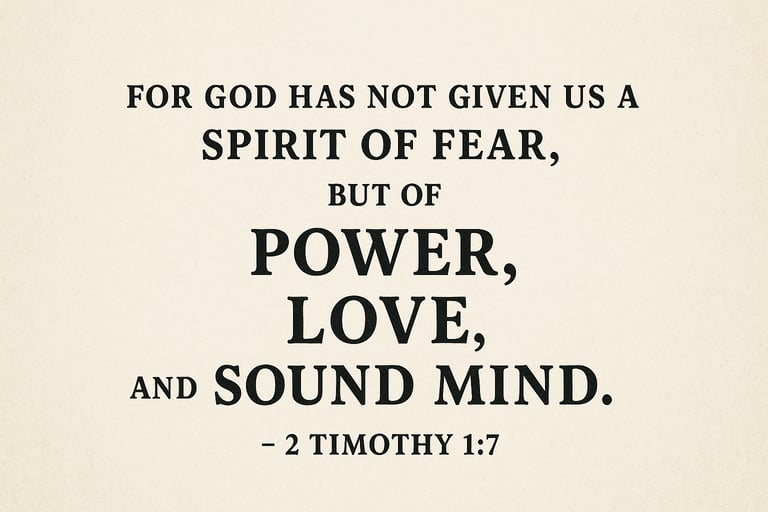Modern Love Unfiltered: Series 13
Have you ever caught yourself walking on eggshells, dimming your brightness, or biting your tongue just to avoid conflict in a relationship? This post digs deep into the quiet, emotionally taxing decision many of us make—to shrink ourselves just to keep love intact. Whether it’s romantic, familial, or platonic, the need to be “smaller” so someone else can feel “bigger” comes at a silent cost. In this heartfelt, research-supported entry, we’ll explore why so many of us fall into this pattern, the psychological toll it takes, and what healing and healthy boundaries can look like. With real-life scenarios, expert insight, and biblical wisdom, this post will help you examine your own emotional space and give you permission to take up the room you were always meant to occupy.
RELATIONSHIP LOVE SERIES
Sofia Winters
5/12/20252 min read


When Love Makes You Small:
The Cost of Shrinking Yourself to Keep the Peace
The Hidden Shrink in Romantic Partnerships
Have you ever walked out of a conversation feeling... smaller? Not in a humble, growing kind of way—but like you had to tuck parts of yourself in just to make someone else comfortable?
Scenario 1: The "Don’t Rock the Boat" Partner
Sarah loved to dance, paint, laugh loudly—and her boyfriend liked quiet, control, and predictability. He’d sigh when she got excited about projects. So, she started sighing first, before he could. Eventually, she stopped sharing altogether.
Sound familiar? Psychology calls this “emotional self-abandonment.” According to Dr. Margaret Paul, this happens when we choose the other person’s comfort over our own truth, creating a slow erosion of self-worth (Paul, 2021).
Scenario 2: The Parent Who Still Treats You Like You’re 12
You’re 34. You pay your own bills. But you still bite your tongue around your mom because “she means well,” and confronting her triggers guilt. Biblically, we’re called to honor our parents (Exodus 20:12), but not at the expense of spiritual or emotional enslavement.
Even Jesus set boundaries. In Luke 4:30, He walked away from an angry crowd—His own people—when they rejected His message. Boundaries are not rebellion; they’re wisdom.
Why We Shrink Ourselves
Fear of Conflict: Studies show that conflict-avoidant individuals often experience heightened anxiety and self-doubt (Kross et al., 2011).
Conditioning from Childhood: If you grew up in a “don’t talk back” environment, you may still be operating from that subconscious rulebook.
Codependent Tendencies: Often mistaken for loyalty, this is actually the erosion of self to maintain connection. Dr. Melody Beattie defines codependency as “a relationship addiction,” where your worth depends on how much you’re needed—not how much you’re seen.
Healing Starts with Visibility
So what can you do? Start small:
Name when you feel small. Journaling or speaking to a trusted friend can
help you hear your own voice again.
Set micro-boundaries. Start with one “no” or “I disagree” per week. Let it
stretch your courage muscle.
Rehearse your worth. Affirmations are not fluff. They’re reminders of identity. “I am allowed to take up space. I am worthy of being heard.”
Anchor your truth in scripture. Psalms 139:14 says you are “fearfully and wonderfully made.” There’s no clause that says “unless you inconvenience someone.”


I’ve been there. And if you're honest with yourself, maybe you have too. Maybe it’s the partner who gets defensive every time you share a dream. Or the friend who rolls their eyes when you speak with too much passion. So, you learn—quietly and slowly—to be less you.
That’s what I call shrinking love. It’s the kind that requires you to fold up your needs, your ambitions, or your voice to preserve the illusion of peace. But here’s the kicker: peace without authenticity is just a beautifully decorated prison.


Explore
Your ultimate lifestyle hub for inspiration and tips.
Connect
Subscribe
© 2025. All rights reserved.
OnBlogz. Smart Living. Smarter Choices
Designed by ABC Global Solutions
